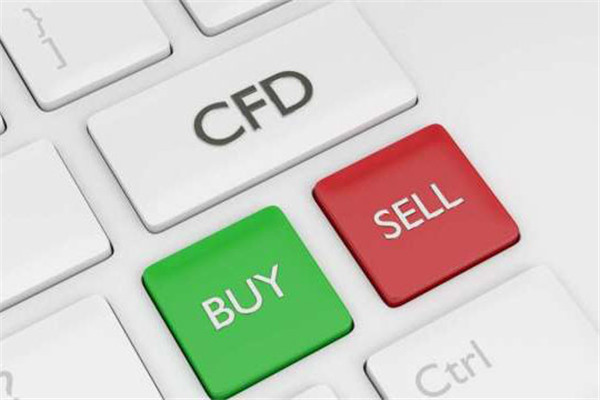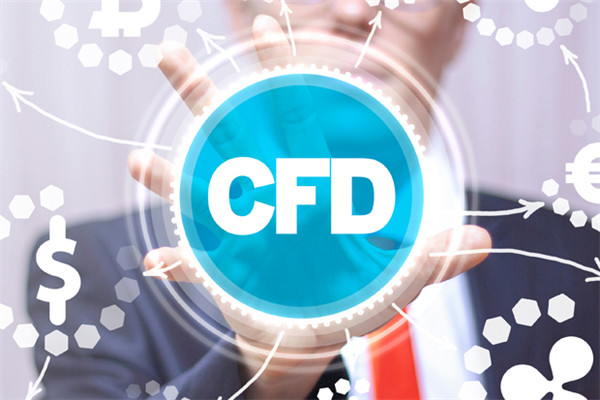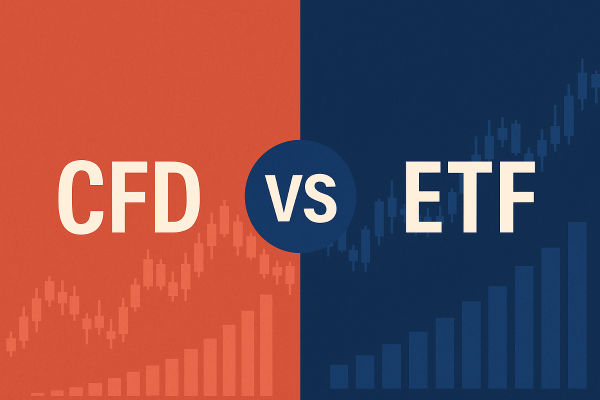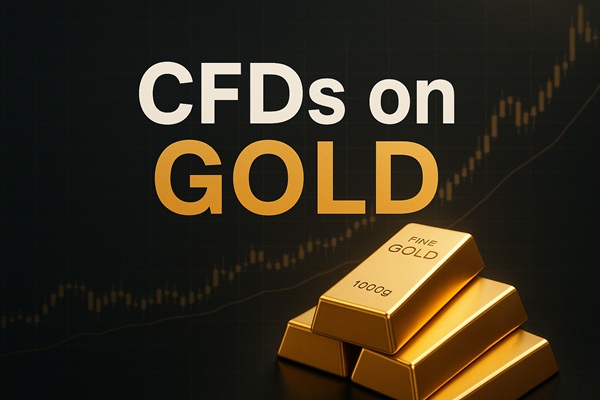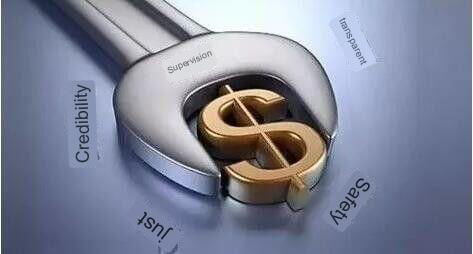A contract for difference (CFD) is a financial derivative instrument whose
value depends on the rise or fall of the underlying asset price. Futures
contracts are standardized contracts that stipulate the purchase or sale of
underlying assets at a specific price on a specific future date.

There are some important differences between CFDs and futures in terms of
trading methods, delivery methods, and exchange requirements. Here is a detailed
comparison of them:
1 Trading Method
cfd trading is completed over-the-counter with dealers or brokers, where both
buyers and sellers directly engage in trading on the trading platform. Futures
trading is conducted on the exchange, where buyers and sellers match and trade
through the exchange.
2. Contract Type
A CFD is a type of contract for price difference whose value is related to
the price difference of the underlying asset. When investors buy CFDs, they will
earn the difference between the rising value of the underlying asset and the
buying price difference. On the contrary, when investors sell CFDs, they will
earn the difference between the falling value of the underlying asset and the
selling price difference. Futures, on the other hand, are standardized contracts
whose value is consistent with the actual price of the underlying asset.
3. Leverage Effect
CFD trading provides leverage, allowing investors to control larger trading
positions with smaller capital investments, thereby amplifying profits or
losses. Futures trading also provides leverage, but the leverage ratio is
usually lower compared to CFDs.
4. Delivery Method
CFDs do not involve actual delivery, and investors earn profits or losses by
settling the price difference during the liquidation. Futures trading, on the
other hand, is carried out through physical delivery or cash delivery, depending
on the contractual provisions.
5. Trading Time and liquidity
CFD trading is usually conducted on the platform of traders, and its trading
time can be extended to 24 hours with high liquidity. Futures trading can only
be conducted on designated exchanges with specific trading time periods.
6. Regulation and Transparency
The regulation of the cfd market is relatively loose, so investors need to
choose reliable traders on their own. And futures trading is strictly regulated,
with strict regulations and supervision from regulatory agencies, making the
trading process more transparent.
Price difference contracts are purely generated for trading to earn price
differences and cannot truly hold physical assets. The advantage of price
difference contracts is that they provide investors with a way to conduct
low-cost trade using one account. All index, industry index, bond, and
commodity futures CFD Trade are commission-free.
It can be seen that price-difference contracts are more suitable for pure
trading. However, compared to stock index futures, price difference contracts
can truly be considered only numerical changes, which can also provide
opportunities for many illegal platforms. Traders should choose suitable trading
tools based on their own needs and risk tolerance.
Disclaimer: Investment involves risk. The content of this article is not an investment advice and does not constitute any offer or solicitation to offer or recommendation of any investment product.
